Home>Furniture & Design>Bedroom Furniture>What Is A Memory Foam Mattress Good For
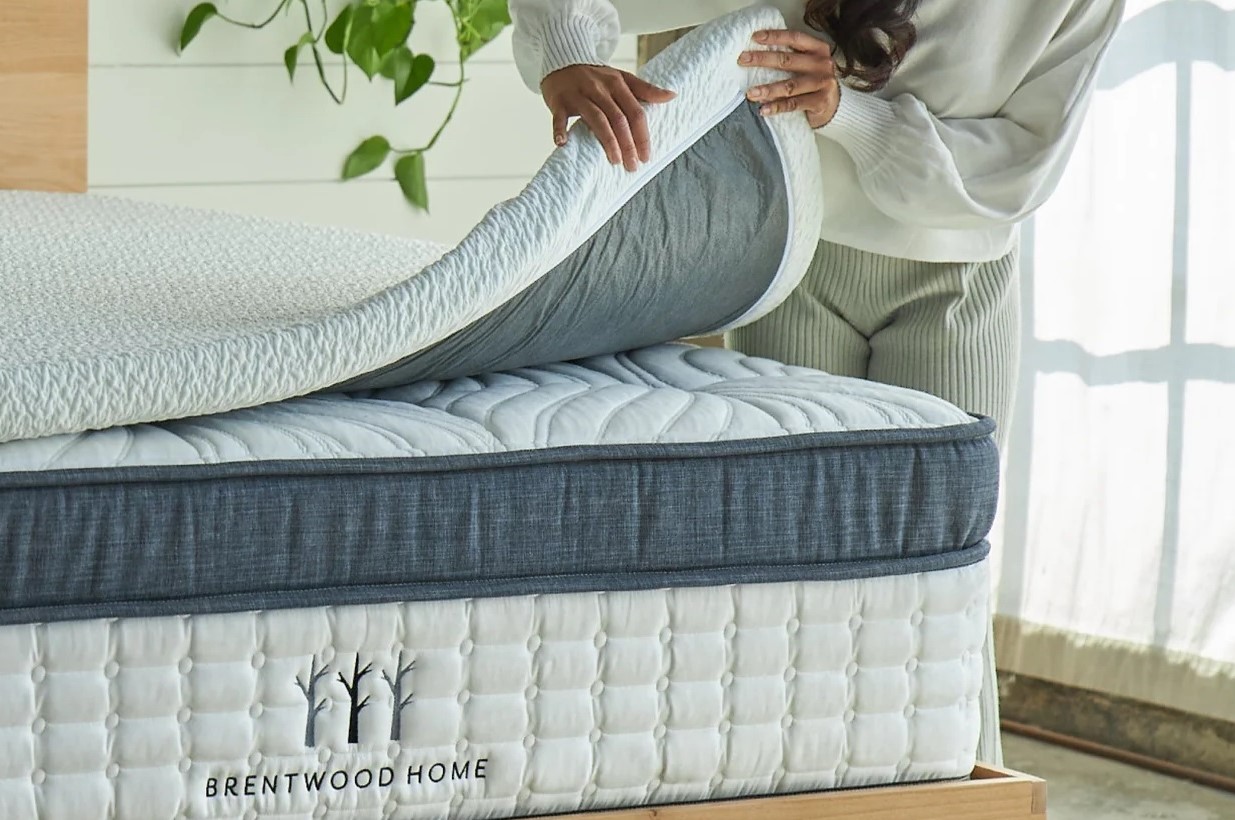

Bedroom Furniture
What Is A Memory Foam Mattress Good For
Modified: October 30, 2024
Discover the benefits of memory foam mattresses for your bedroom furniture and design. Find out how a memory foam mattress can improve your sleep and comfort.
(Many of the links in this article redirect to a specific reviewed product. Your purchase of these products through affiliate links helps to generate commission for Storables.com, at no extra cost. Learn more)
Introduction
Are you in search of a restful night's sleep? If so, you've likely come across the term "memory foam mattress." These innovative sleep surfaces have gained immense popularity in recent years, and for good reason. They offer a unique blend of comfort and support, helping to alleviate pressure points and promote deep, uninterrupted sleep. In this article, we'll delve into the world of memory foam mattresses, exploring their construction, benefits, and suitability for different sleepers. Whether you're a side sleeper, back sleeper, or someone with specific sleep-related concerns, understanding the advantages of memory foam mattresses can help you make an informed decision when it comes to upgrading your sleep experience. So, let's embark on a journey to uncover the secrets of memory foam mattresses and how they can revolutionize the way you sleep.
Key Takeaways:
- Memory foam mattresses offer personalized comfort, pressure relief, and motion isolation, making them ideal for those with chronic pain, restless sleepers, and allergy sufferers.
- When choosing a memory foam mattress, consider factors like firmness, cooling features, and trial periods to ensure it meets your specific sleep needs and promotes deep, restorative sleep.
Read more: What Is A Good Density For Memory Foam
Understanding Memory Foam Mattresses
Before delving into the benefits and considerations, it’s essential to understand what sets memory foam mattresses apart. Memory foam, also known as viscoelastic foam, was initially developed by NASA in the 1970s to improve seat cushioning and crash protection for airline pilots and passengers. This innovative material is designed to respond to body heat and pressure, contouring to the sleeper’s shape and evenly distributing body weight.
Memory foam mattresses are composed of several layers, with the top layer being the memory foam itself. This layer is supported by a high-density foam base, which provides durability and structural support. The unique composition of memory foam enables it to conform to the body, offering personalized comfort and spinal alignment.
One of the most distinctive features of memory foam is its ability to respond to temperature. As the foam warms from body heat, it softens and molds to the sleeper’s contours. When the pressure is removed, the foam slowly returns to its original shape, hence the term “memory” foam.
Furthermore, memory foam mattresses are renowned for their motion isolation properties. This means that movement on one side of the bed is less likely to disturb the other sleeper, making them an excellent choice for couples or individuals who are easily disrupted by movement during the night.
Understanding the composition and unique properties of memory foam mattresses is crucial in appreciating their benefits and determining whether they align with your sleep preferences and needs.
Benefits of Memory Foam Mattresses
Memory foam mattresses offer a multitude of benefits that cater to various sleep preferences and health considerations. Here are some of the key advantages:
- Pressure Relief: One of the most significant benefits of memory foam mattresses is their exceptional ability to alleviate pressure points. The foam contours to the body, distributing weight evenly and reducing stress on areas such as the hips, shoulders, and lower back. This can be particularly beneficial for individuals with chronic pain conditions or those seeking relief from discomfort during sleep.
- Spinal Alignment: Proper spinal alignment is crucial for overall sleep quality and long-term musculoskeletal health. Memory foam mattresses adapt to the natural curvature of the spine, promoting neutral alignment and reducing the risk of waking up with aches and pains.
- Motion Isolation: If you share a bed with a partner, memory foam mattresses excel at minimizing motion transfer. This means that you’re less likely to be disturbed by your partner’s movements during the night, fostering undisturbed and restful sleep.
- Customized Comfort: Each sleeper’s body heat causes the memory foam to conform to their unique shape, providing a customized sleeping surface. This personalized support enhances comfort and can alleviate discomfort associated with traditional spring mattresses.
- Hypoallergenic Properties: High-quality memory foam mattresses are inherently resistant to dust mites and other allergens, making them an excellent choice for individuals with allergies or respiratory sensitivities.
- Durability: Well-constructed memory foam mattresses are designed to withstand long-term use without sagging or losing their supportive properties. This durability ensures that you can enjoy consistent comfort and support for years to come.
These benefits collectively contribute to an enhanced sleep experience, making memory foam mattresses a compelling option for those seeking a rejuvenating and supportive night’s rest.
Memory foam mattresses are good for relieving pressure points and providing support for your body. They can also help with spinal alignment and reducing motion transfer, making them a good choice for couples.
Who Should Consider a Memory Foam Mattress
Memory foam mattresses are well-suited for a wide range of individuals due to their versatile and adaptive nature. Consider the following scenarios to determine if a memory foam mattress aligns with your specific sleep needs:
- Individuals with Chronic Pain: If you suffer from chronic pain conditions such as arthritis, fibromyalgia, or back pain, a memory foam mattress can offer significant relief. The foam’s ability to conform to your body’s contours reduces pressure points, easing discomfort and promoting better sleep quality.
- Side Sleepers: Those who prefer sleeping on their side can benefit from the exceptional pressure-relieving properties of memory foam. The foam molds to the hips and shoulders, providing targeted support and aligning the spine for a more comfortable and restful sleep.
- Restless Sleepers: If you or your partner frequently toss and turn during the night, a memory foam mattress can help minimize disturbances. The foam’s motion isolation capabilities reduce the impact of movement, allowing for uninterrupted sleep.
- Allergy Sufferers: Individuals with allergies or respiratory sensitivities can find relief with a hypoallergenic memory foam mattress. The dense structure of memory foam inhibits the accumulation of dust mites and other allergens, creating a healthier sleep environment.
- Couples: For couples with differing sleep preferences or schedules, memory foam mattresses offer an ideal compromise. The foam’s ability to minimize motion transfer ensures that each partner can enjoy uninterrupted sleep, regardless of the other’s movements.
- Hot Sleepers: Many modern memory foam mattresses incorporate cooling technologies to regulate temperature and prevent heat retention. If you tend to sleep hot, look for memory foam mattresses with enhanced breathability to ensure a cooler and more comfortable night’s rest.
By considering these factors and assessing your individual sleep habits and needs, you can determine whether a memory foam mattress is the right fit for you. Whether you seek relief from pain, personalized support, or a disturbance-free sleep environment, a memory foam mattress may offer the solution you’ve been searching for.
Things to Consider Before Buying a Memory Foam Mattress
Before investing in a memory foam mattress, it’s essential to consider several factors to ensure that it aligns with your preferences and requirements. Here are key considerations to keep in mind:
- Firmness Level: Memory foam mattresses come in varying firmness levels, from plush to firm. Consider your preferred level of support and any specific comfort needs, such as alleviating pressure points or maintaining spinal alignment, when selecting the firmness that best suits you.
- Thickness and Density: The thickness and density of the memory foam layers can impact the mattress’s overall feel and durability. Higher density foams tend to offer greater support and longevity, while thicker comfort layers can provide enhanced pressure relief.
- Cooling Features: If you tend to sleep hot or live in a warm climate, look for memory foam mattresses with advanced cooling features. These may include gel-infused foams, breathable covers, or open-cell foam structures designed to dissipate heat and promote a cooler sleep surface.
- Edge Support: Consider whether the mattress offers adequate edge support, especially if you share the bed or tend to sit on the edge. Strong edge support ensures that you can utilize the full surface area of the mattress without experiencing a “roll-off” sensation.
- Motion Isolation: If you share the bed with a partner, prioritize mattresses with excellent motion isolation properties. This feature minimizes the transfer of movement, allowing both sleepers to enjoy uninterrupted rest, irrespective of their partner’s movements.
- Off-Gassing: Some memory foam mattresses may emit a temporary odor known as off-gassing when first unpacked. If you are sensitive to odors, consider opting for mattresses with low-VOC (volatile organic compound) or CertiPUR-US certified foams, which undergo testing for harmful chemicals and emissions.
- Trial Period and Warranty: Look for mattresses that offer a generous trial period, allowing you to test the mattress in the comfort of your own home. Additionally, check the warranty coverage, including details on sagging, defects, and other potential issues to ensure long-term satisfaction with your purchase.
By carefully considering these factors, you can make an informed decision when selecting a memory foam mattress that suits your sleep preferences, promotes optimal comfort, and contributes to a restorative night’s sleep.
Read more: What Is A Memory Foam Mattress
Conclusion
Memory foam mattresses have revolutionized the sleep industry by offering a unique blend of personalized comfort, pressure relief, and motion isolation. Their adaptive nature makes them suitable for a diverse range of sleepers, from those seeking relief from chronic pain to couples desiring undisturbed rest. Understanding the construction and benefits of memory foam mattresses empowers individuals to make informed choices that align with their specific sleep needs.
When considering a memory foam mattress, it’s crucial to assess factors such as firmness, thickness, cooling features, and motion isolation to ensure that the chosen mattress caters to individual preferences. Additionally, prioritizing mattresses with generous trial periods and comprehensive warranties provides peace of mind and allows for a thorough evaluation of the mattress in a real sleep environment.
Ultimately, the allure of memory foam mattresses lies in their ability to adapt to the body, offering tailored support and promoting deep, restorative sleep. Whether you’re a side sleeper in need of pressure relief, a couple seeking undisturbed rest, or an individual with specific comfort requirements, a memory foam mattress holds the potential to transform your sleep experience and rejuvenate your overall well-being.
By embracing the innovative technology and comfort-enhancing features of memory foam mattresses, individuals can embark on a journey toward enhanced sleep quality, waking up refreshed and revitalized each day.
Frequently Asked Questions about What Is A Memory Foam Mattress Good For
Was this page helpful?
At Storables.com, we guarantee accurate and reliable information. Our content, validated by Expert Board Contributors, is crafted following stringent Editorial Policies. We're committed to providing you with well-researched, expert-backed insights for all your informational needs.
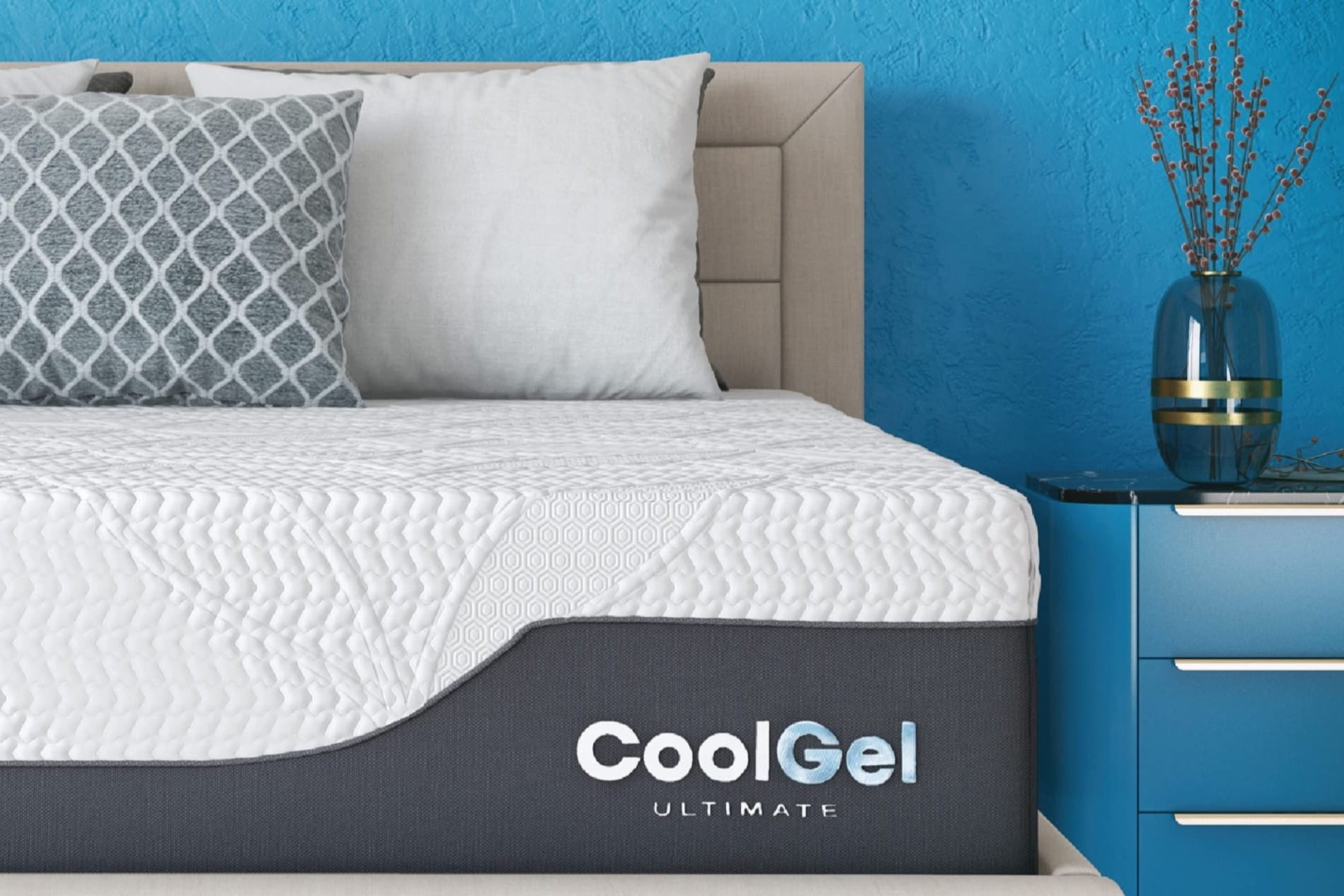
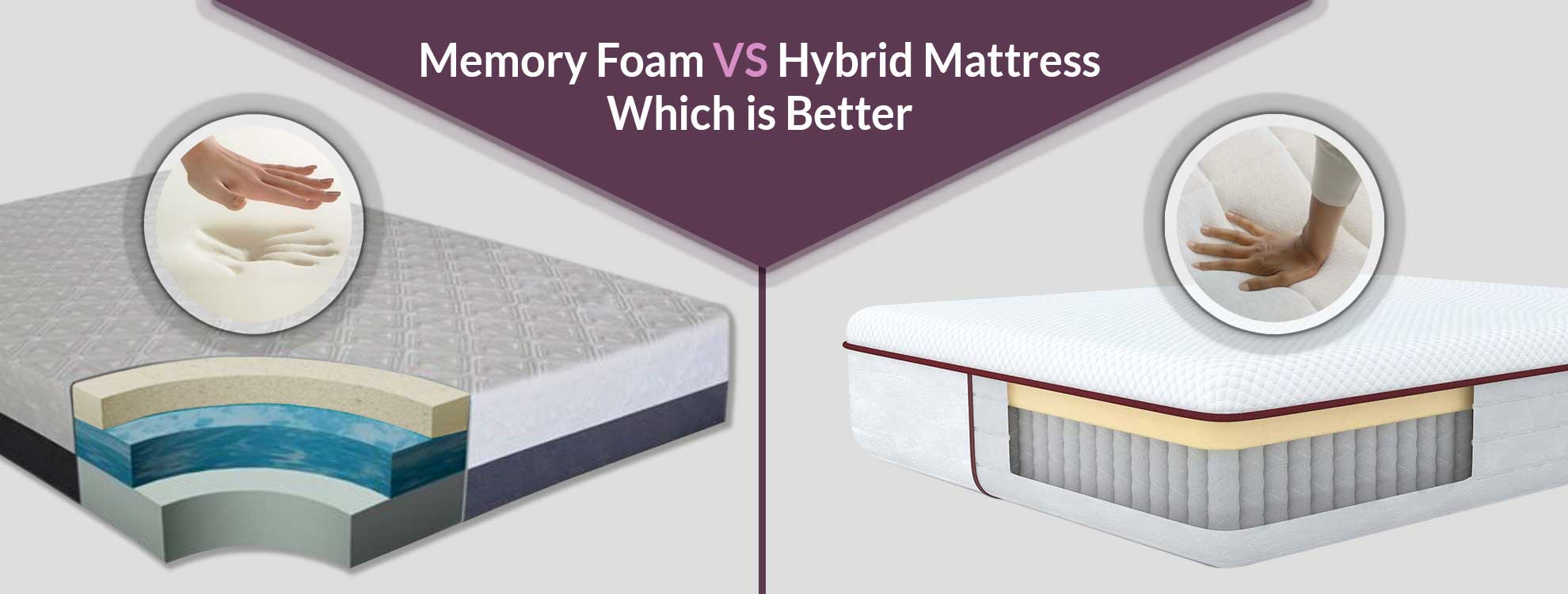
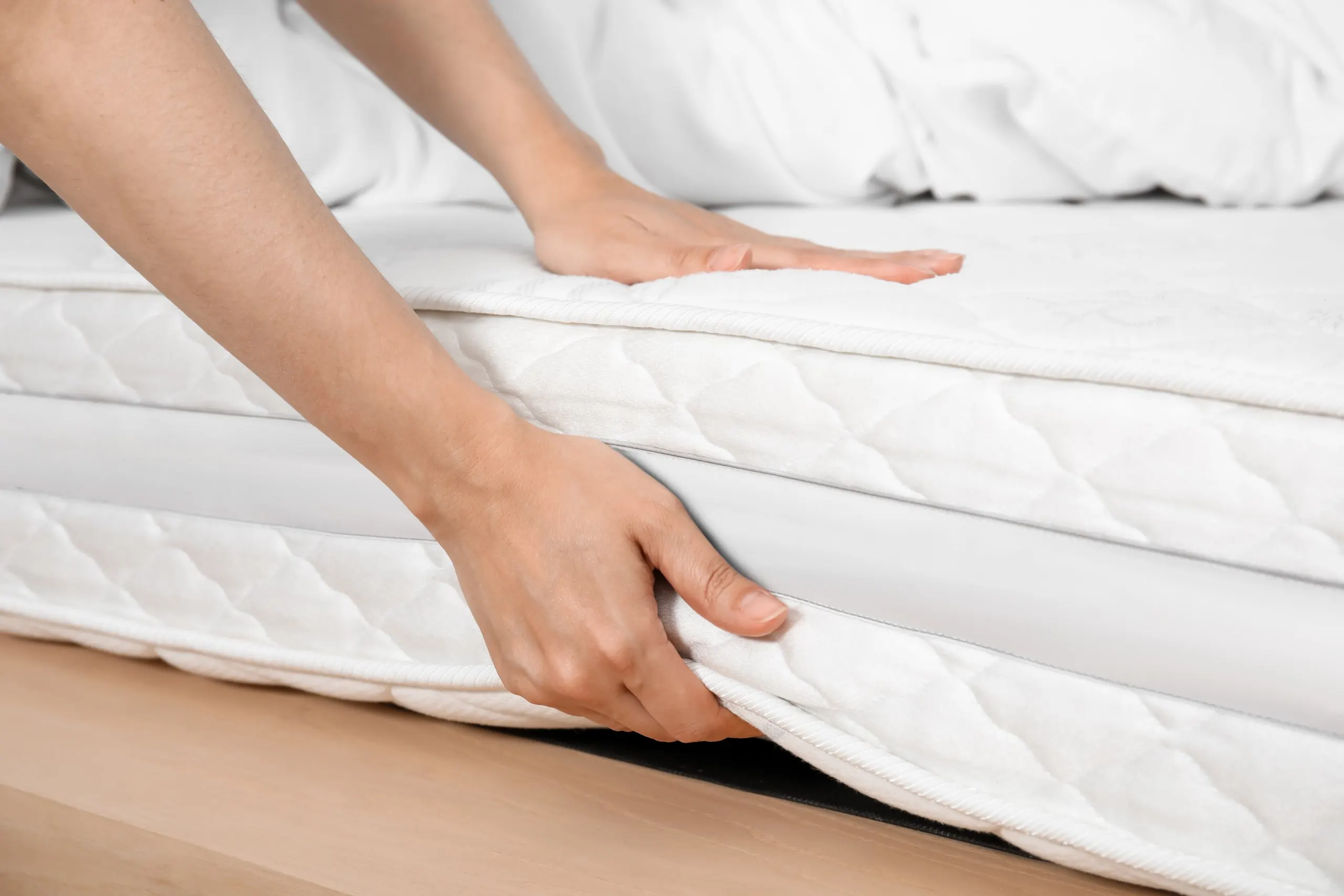
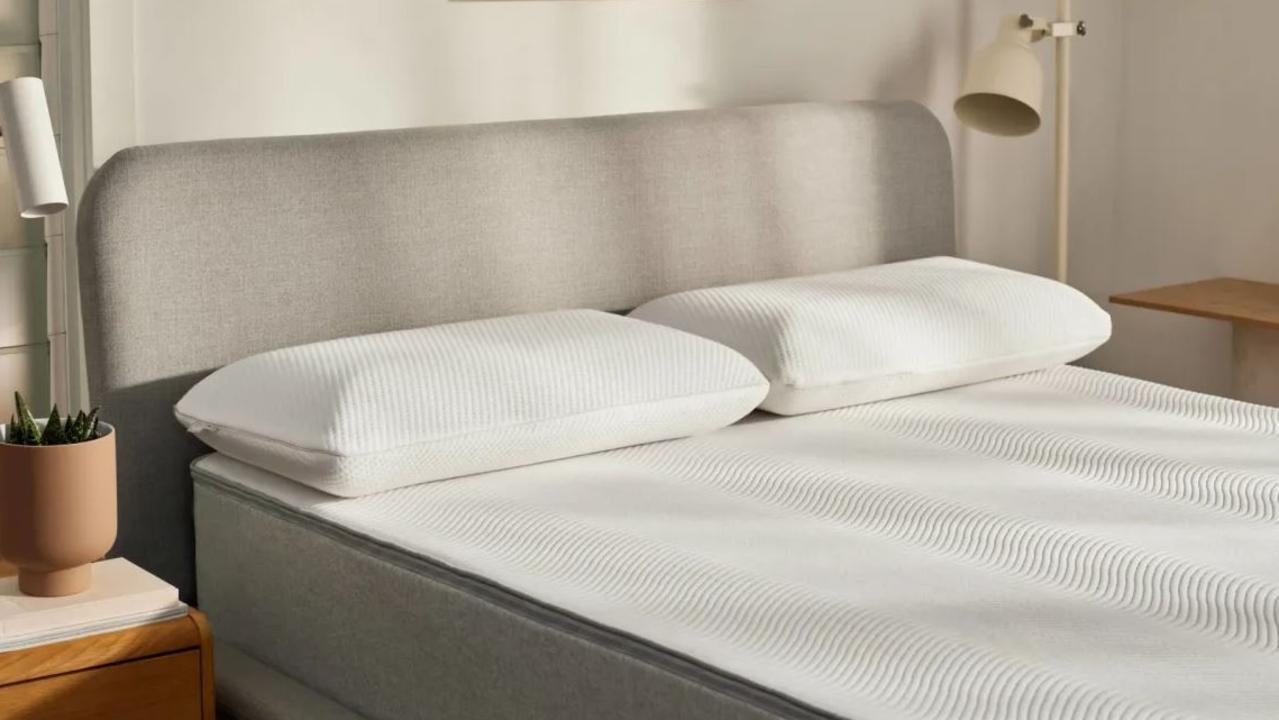
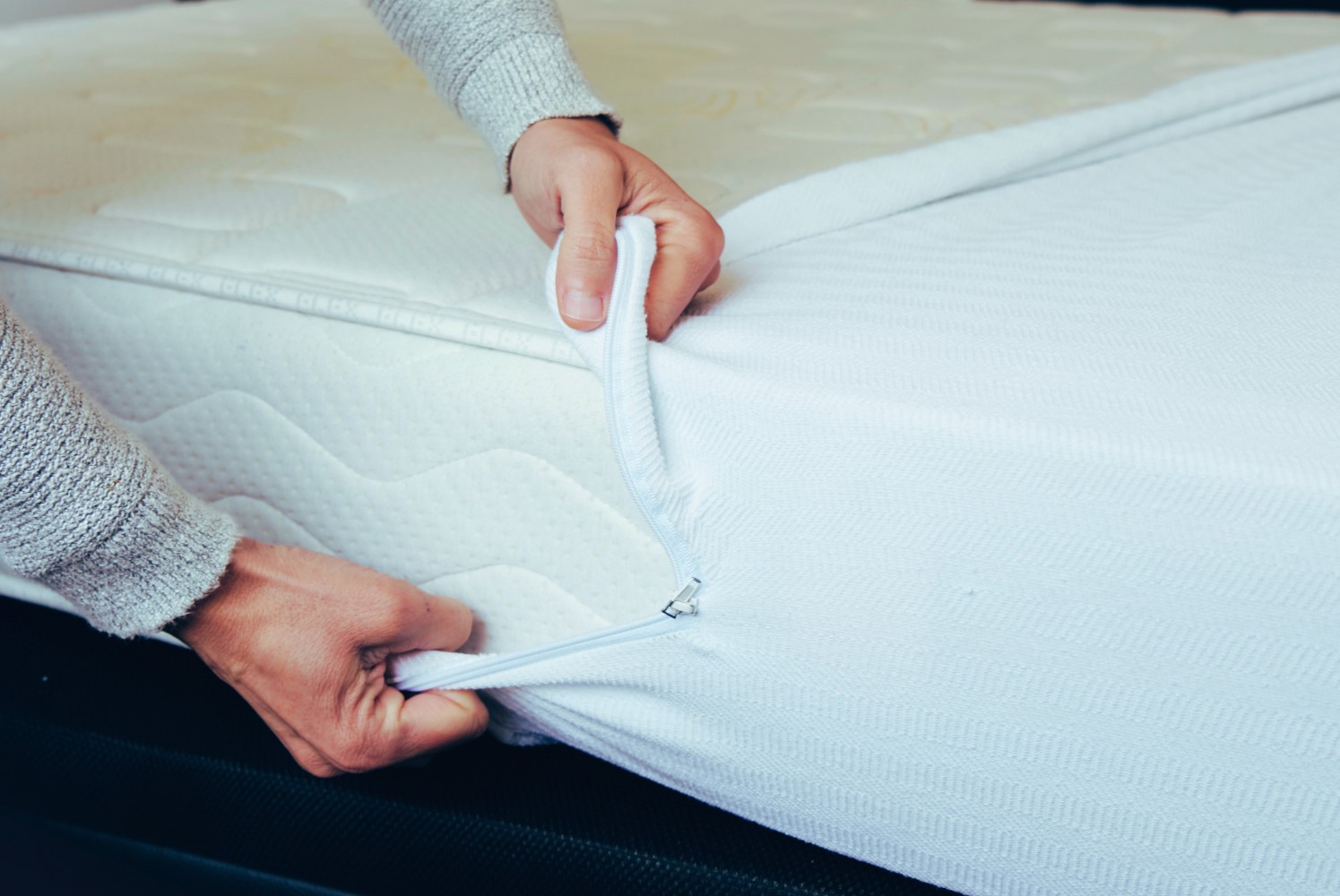
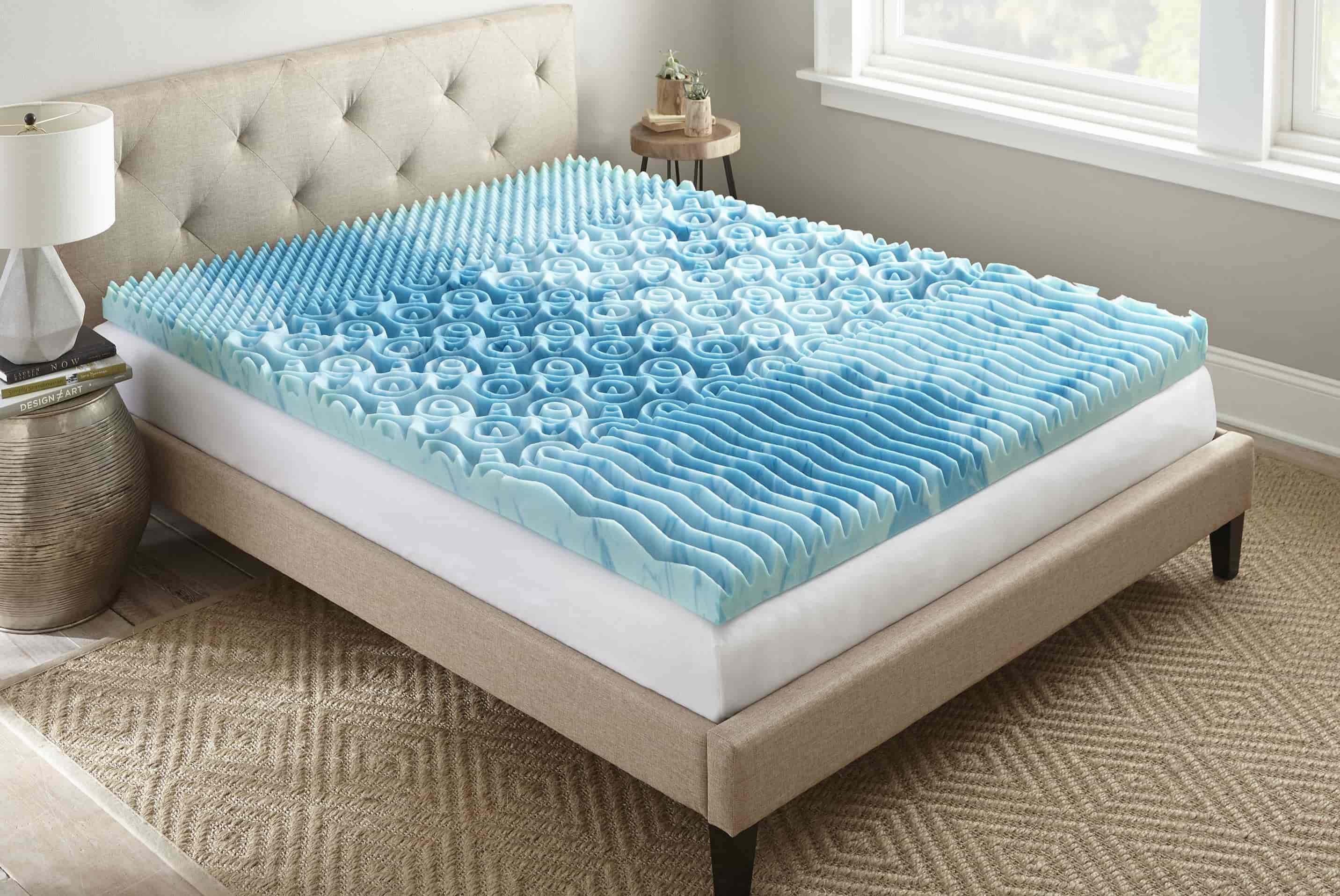
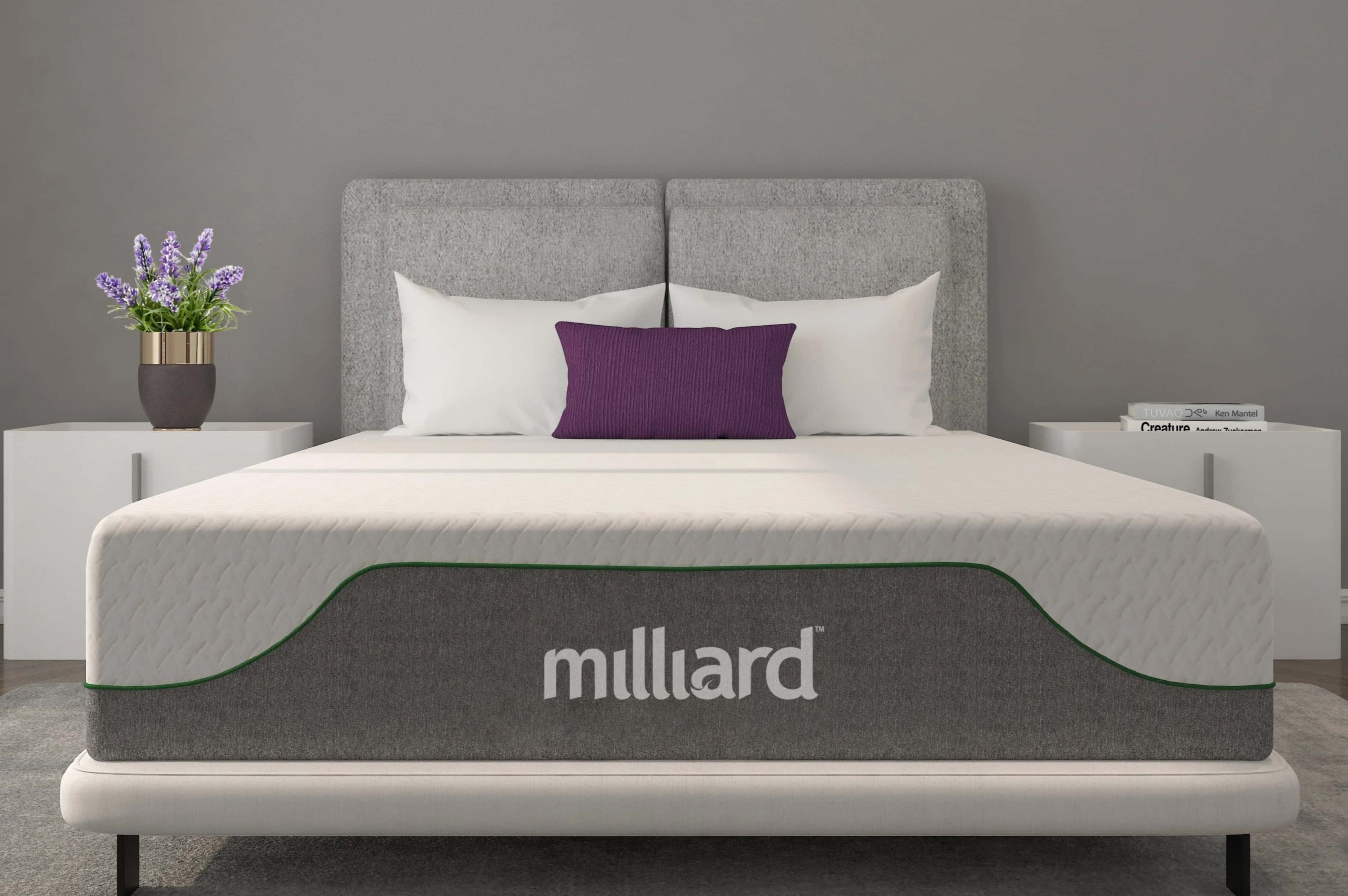
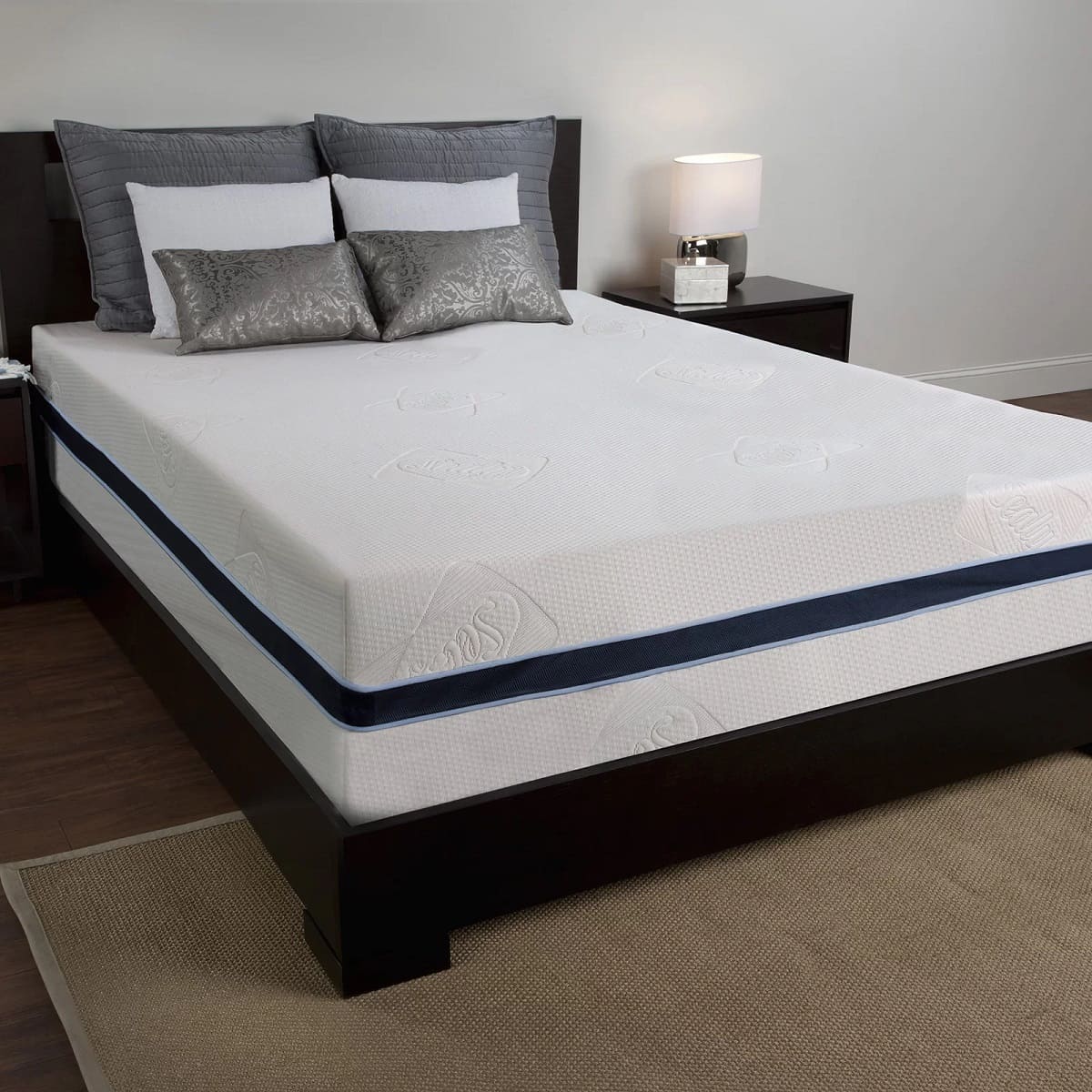
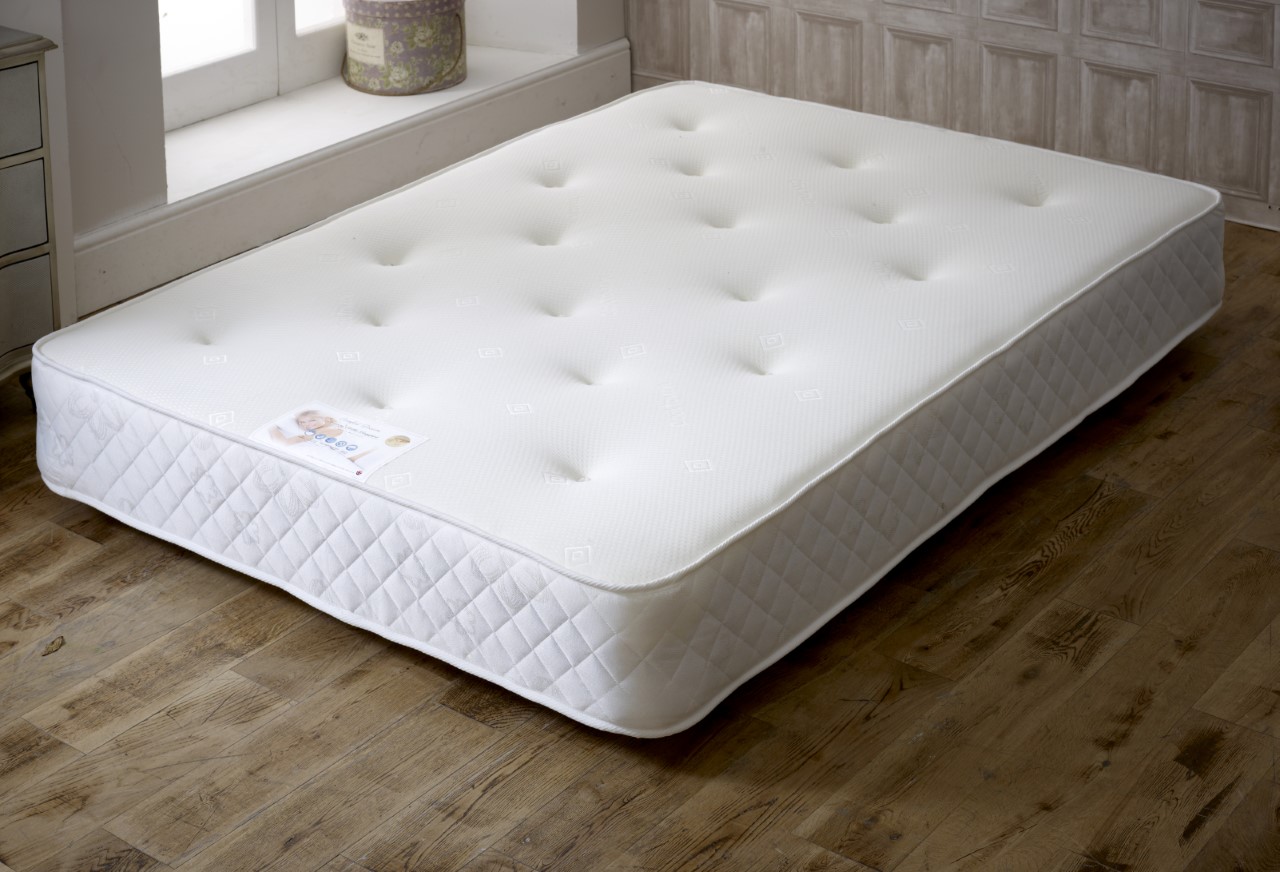
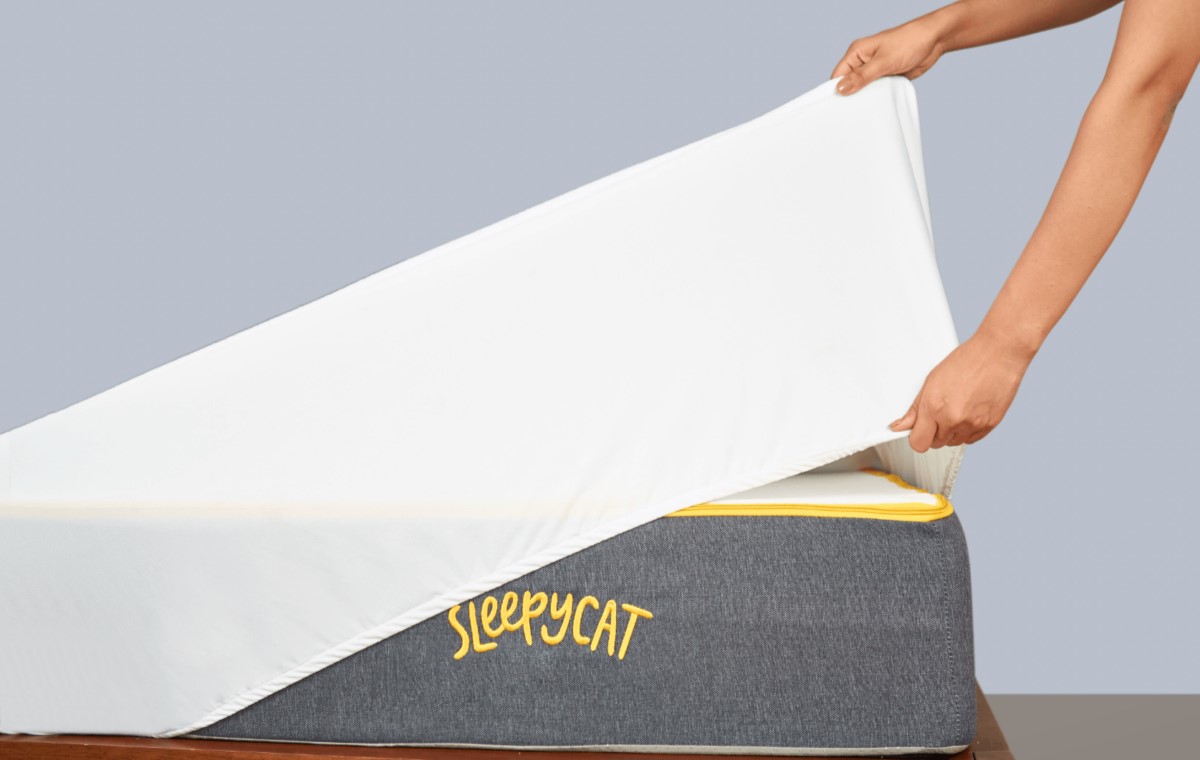
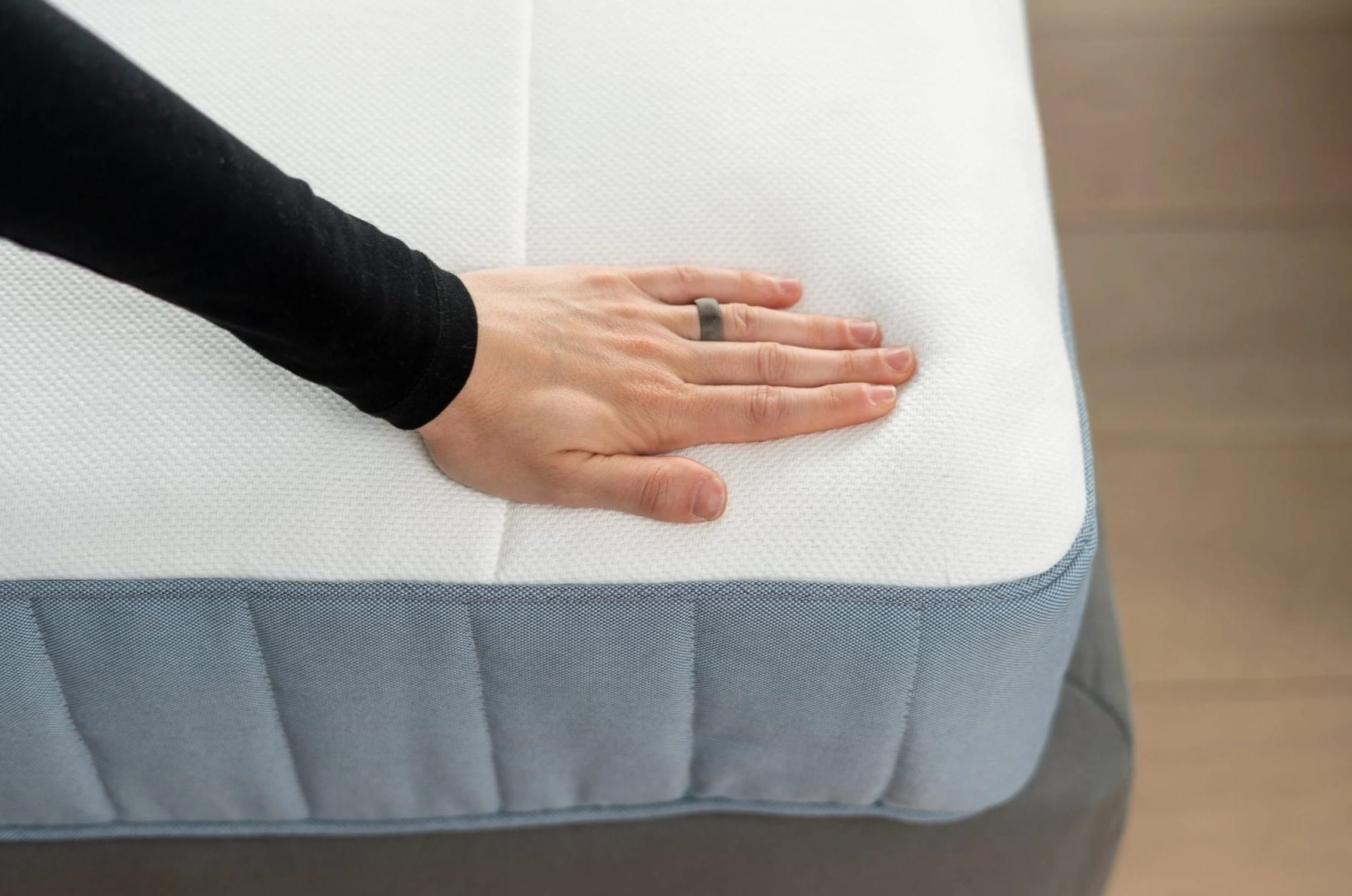

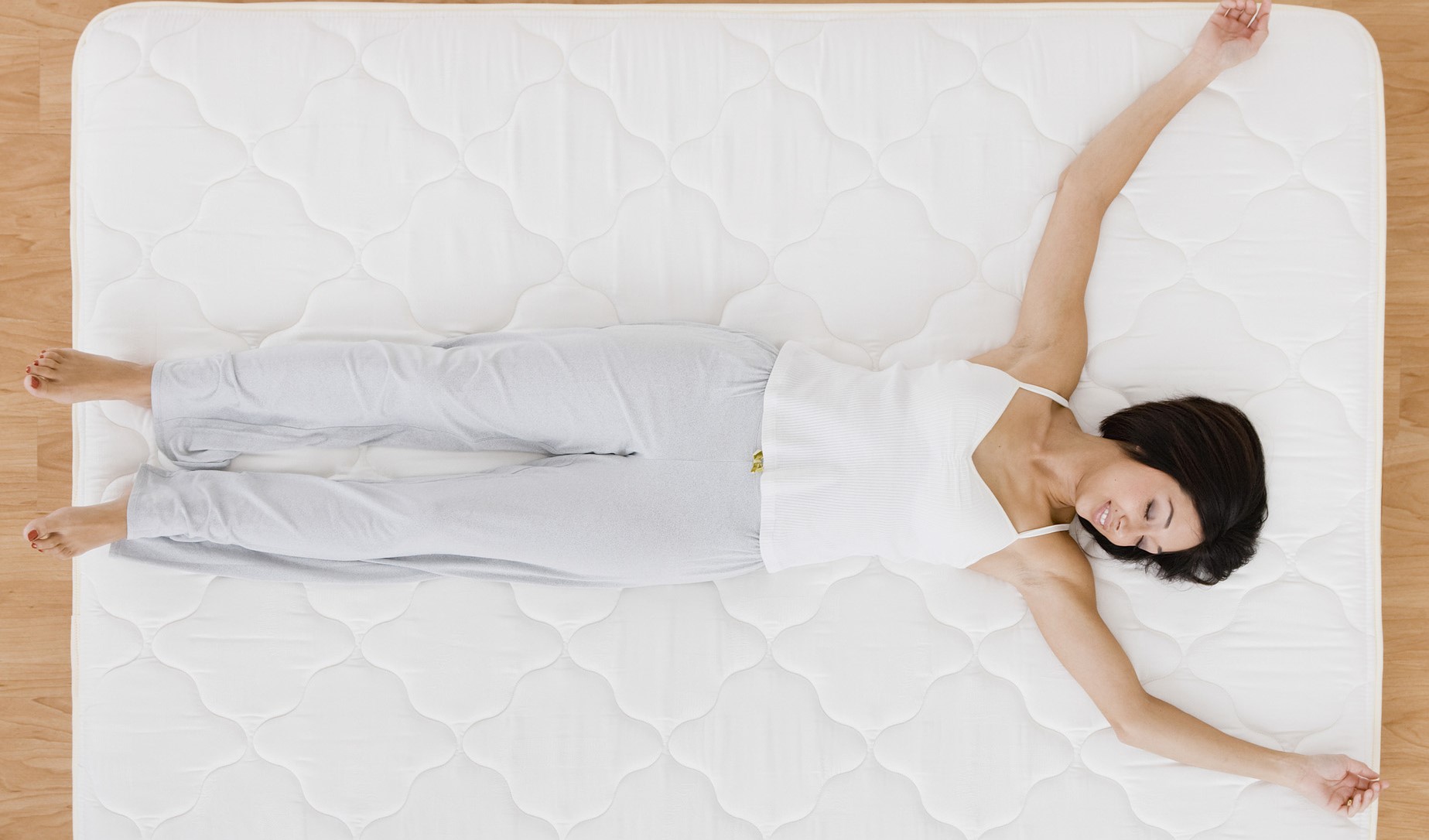
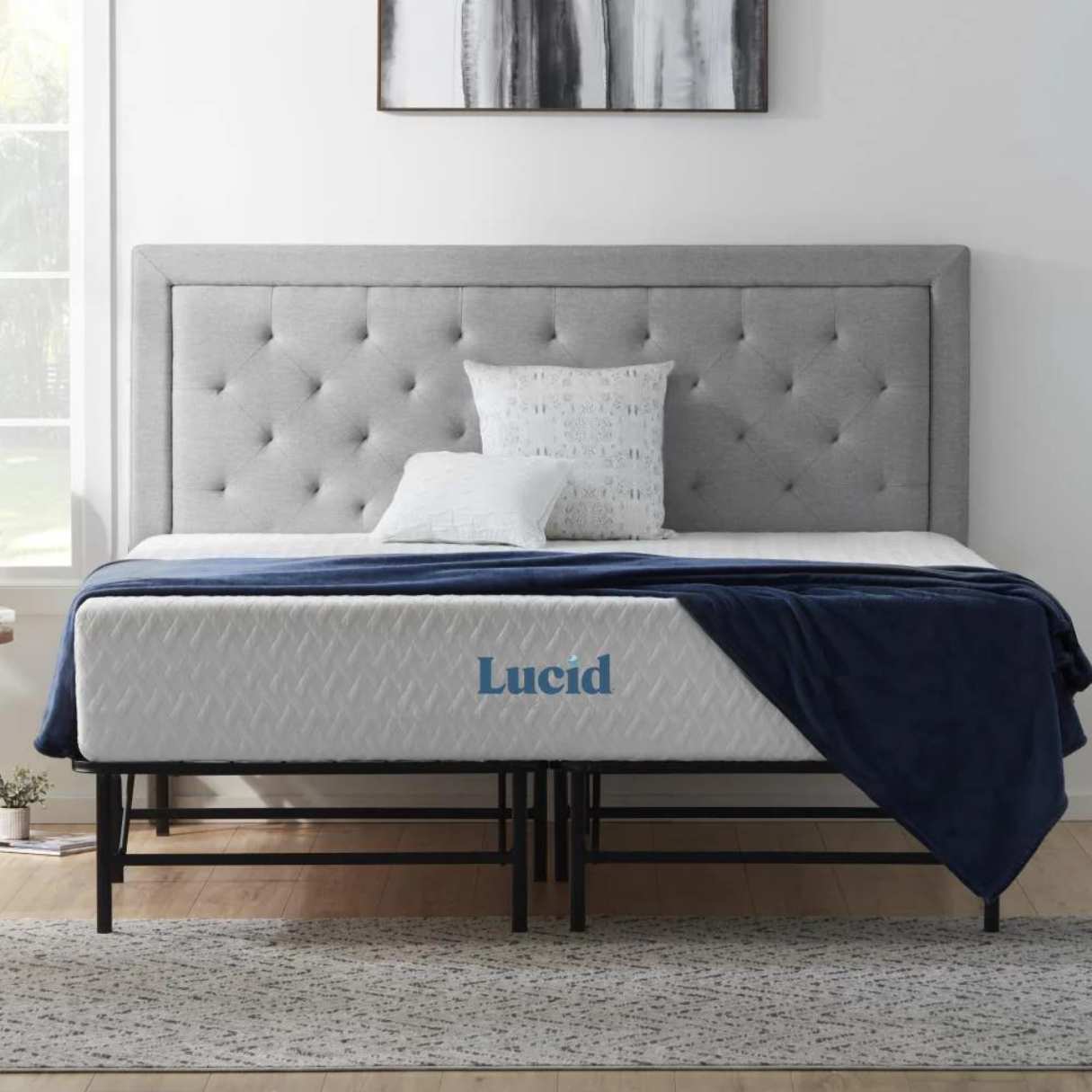

0 thoughts on “What Is A Memory Foam Mattress Good For”